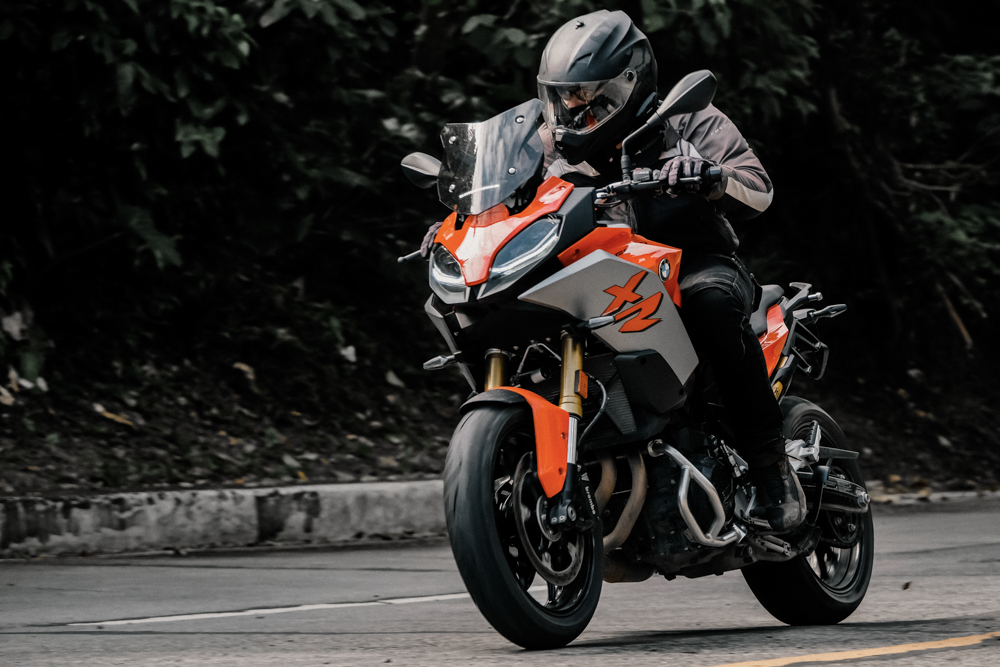
When BMW Motorrad introduced the F900 R last year, I couldn’t help but fall in love with the middleweight roadster. Sporty and engaging without being intimidating, it brings just enough power to the table to be entertaining, while also being usable in day-to-day riding, and being relatively thrifty at the fuel pump. But the semi-aggressive riding position isn’t the most ideal for longer trips, and any luggage has to be secured in a rather ad-hoc style that just doesn’t look right in a sport naked.
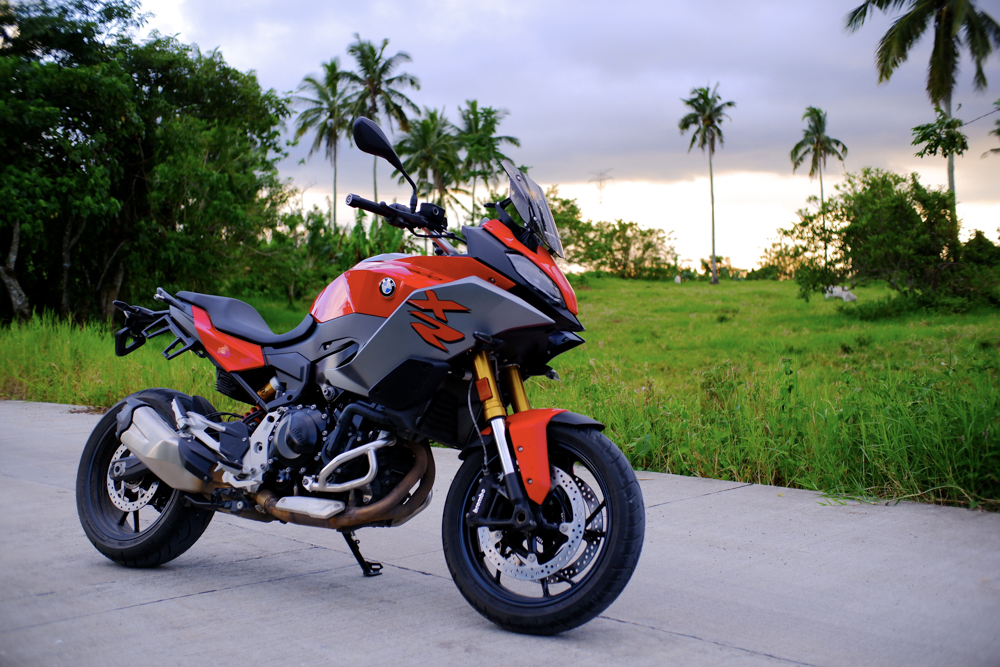
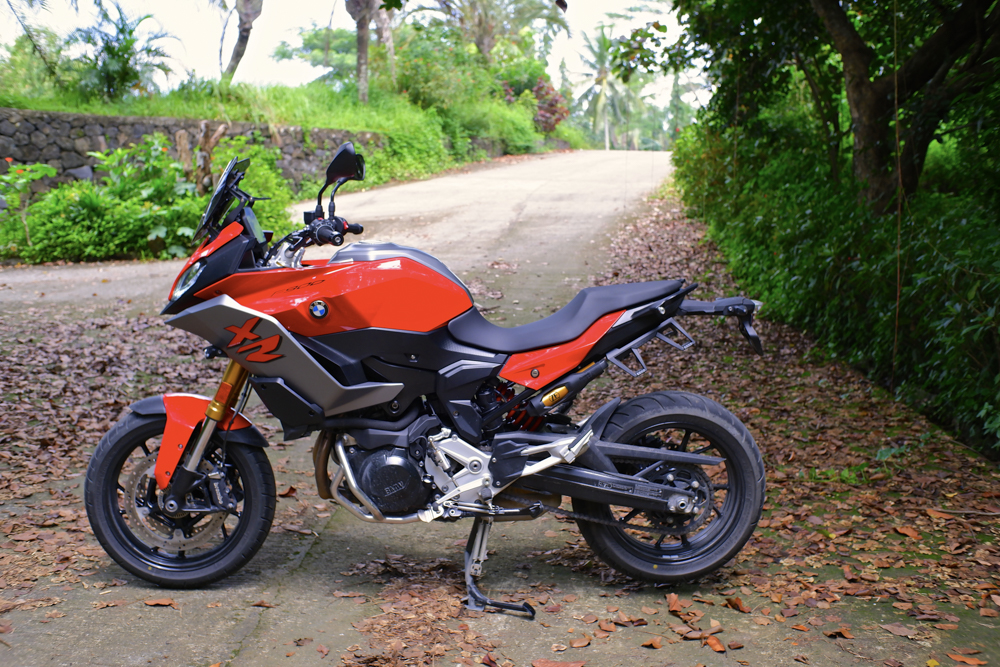
Which is why BMW recently launched the XR version, a sport-touring bike that uses most of the F900 R’s mechanicals while adopting a more upright position and with better solutions for luggage. The biggest and most obvious change is the semi-fairing and windshield, giving the bike a sleek look while also creating a relatively turbulence-free bubble around the rider. You get two large side panels in front of the raised tank that do a great job of pushing air away from you, and the headlamps are housed in a sleek-looking pod that gracefully sweeps upward to the windshield. The latter is also hand-adjustable for height.
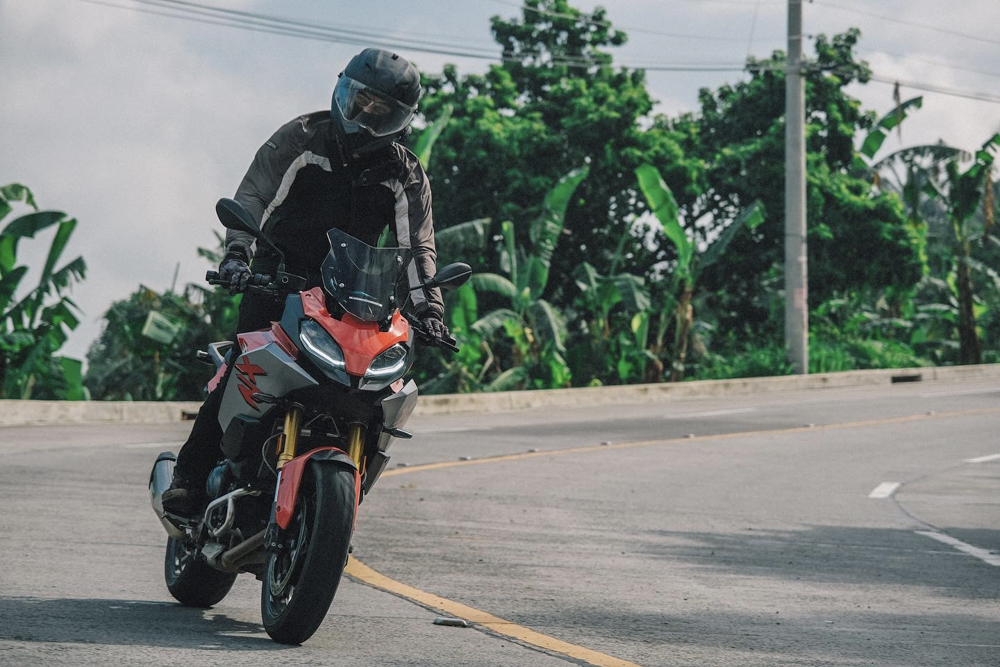
To be honest, there’s a fair bit of resemblance to the Yamaha Tracer and the recently launched Triumph Tiger Sport, but BMW manages to have a fairly unique style with its gorgeous paintwork. The red and silver panels are nicely accented with the gold of the fork stanchion and rear shock. And once you saddle up, you’ll see where your money goes as the large TFT screen lights up. BMW charges a fair amount of coin for the XR (starts at P975,000), but you do get keyless ignition, adaptive headlights, a quickshifter and heated grips.
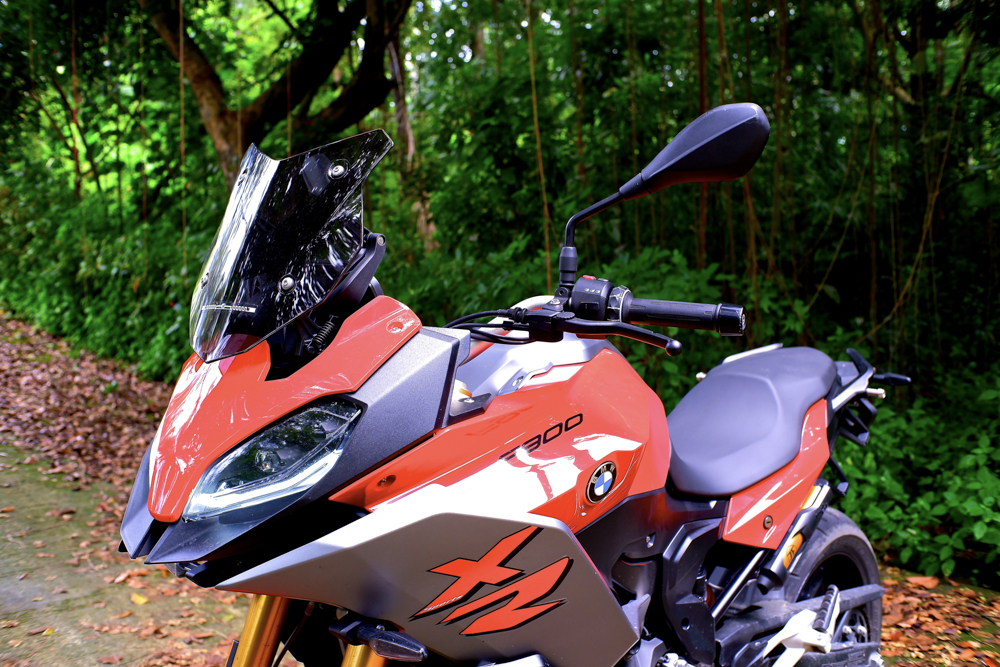
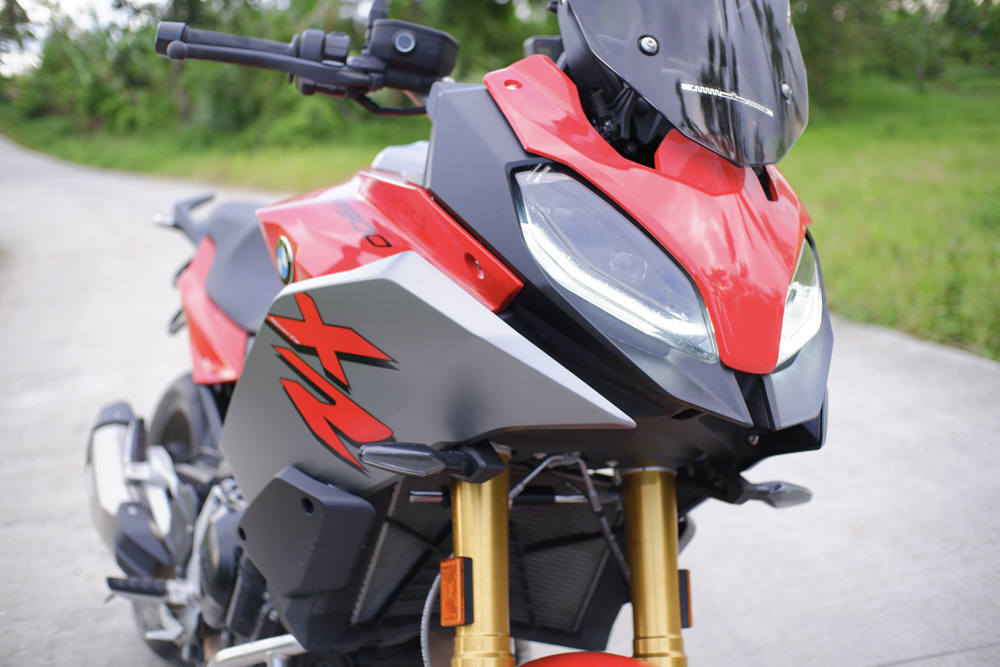
The 895cc parallel-twin motor is rated at 104 at 8,500rpm, and 92Nm at 6,500rpm. It has a 90⁰ offset crank for an uneven firing order so it sounds characterful at low to medium revs, popping and burbling from 3,000rpm to 6,000rpm before the vibrations become prominent.
Top speed is over 200km/h, but unlike the F900 R, there’s less of the temptation to test the limits. With the raised handlebar and neutral position of the foot pegs, an upright position is the most comfortable, but you can still hunker down on the tank if you’re in full attack mode. Since you’re not in a “hurry up and get it over with” position, it’s mentally easier to just sit up and enjoy the scenery.
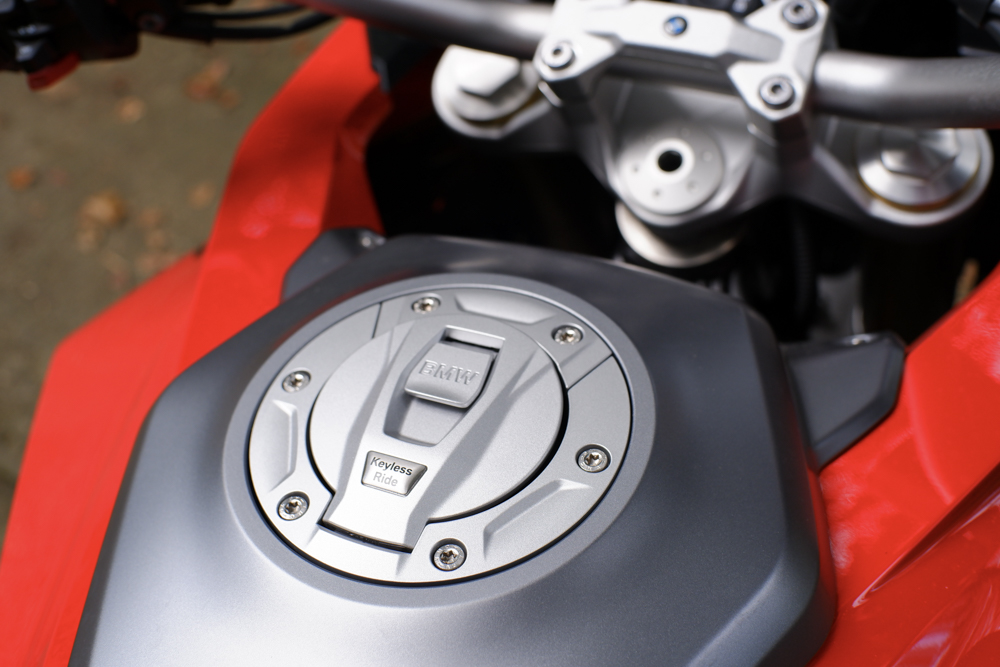
The motor has great responsiveness in the midrange, and coupled with the turbulence-free cockpit and comfortable position, it’s easy to set a brisk pace on road trips. Another factor why the XR works so well is its electronically adjustable suspension. Dubbed “ESA,” the system automatically adjusts the damping of the rear shock, with “Dynamic” and “Road” modes dictating how quickly it adjusts. I kept it on the former and loved how the rear wheel stayed planted on the road even when it was rippled and bumpy.
The ride is supple at all times and just doesn’t beat you up over the course of a long day. The lean-angle-sensitive traction control and ABS also have several modes for road and rainy conditions, but forgoes the “Track” mode of the F900 R since that’s not its mission. Curiously though, BMW omitted cruise control, which is essential on any touring-focused bike. It did, however, include a center stand on the XR, making roadside repairs a little easier.
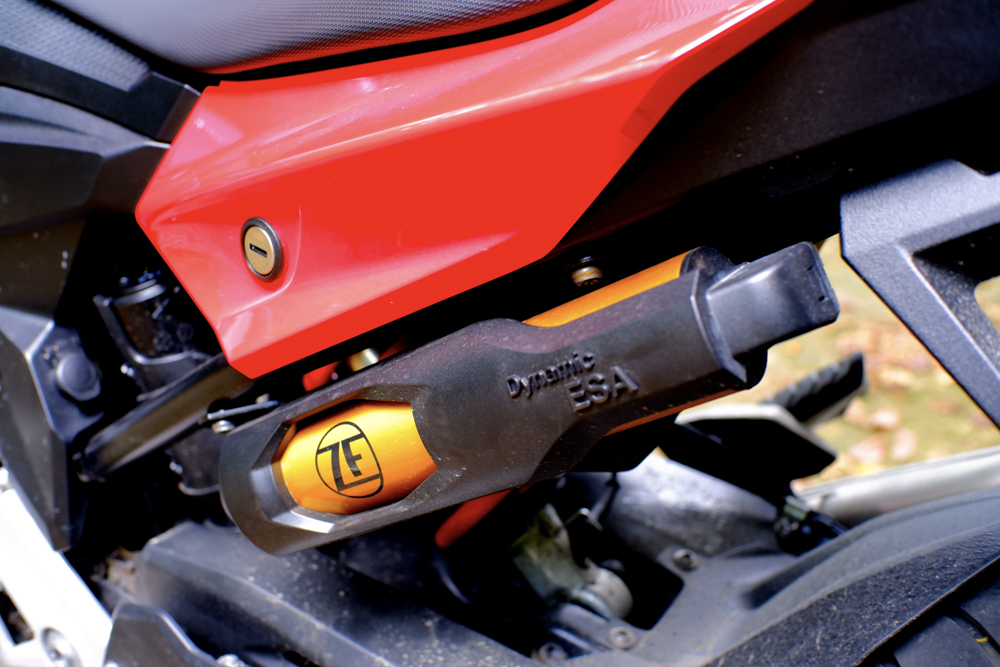
As always, Brembo provides the stoppers, and it is the gold standard for power and modulation. With a seat height of 795mm and an inner leg curve of 1,795mm with the original-equipment “low seat,” riders of average height can flat foot at least on one side. I also liked the wide knee angle afforded by the position, reducing the need to stretch my legs for longer stints. The rear brake pedal is also just low enough from the foot peg to be easily covered by my foot. The seat itself is firm and not too wide, with a modest swale so you can easily move back and forth.
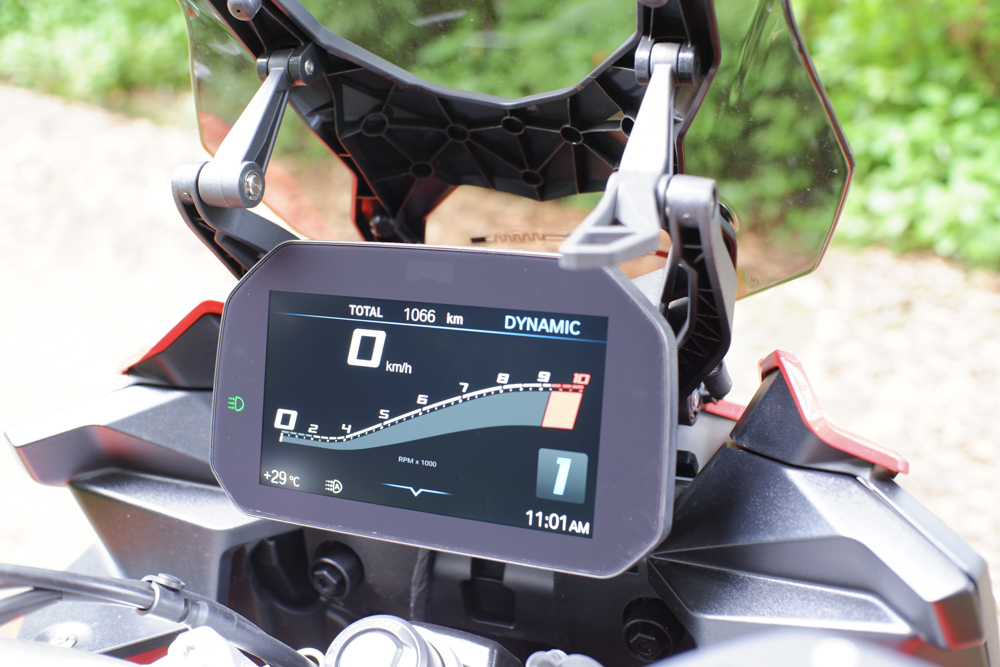
For touring applications, the XR has standard brackets by the tail for fitting panniers, and the grab rails by the pillion pad can double as lashing points for bungee cords or tail bags. The tank is also nice and wide at the top for fitting a tank bag.
The 17-inch Bridgestone Battlax tires, however, are strictly for road use so if you have any plans on going off road, go to the GS line.
With a 13.1:1 compression ratio, the XR only takes a minimum of 95-octane gasoline for its 15.5L tank. With the rising price of gas these days, though, it is relatively thrifty. Over the course of several days, I got 20-21km/L from mostly highway riding with a lot of wide-open-throttle friskiness and an unfortunate amount of low-speed gridlock.
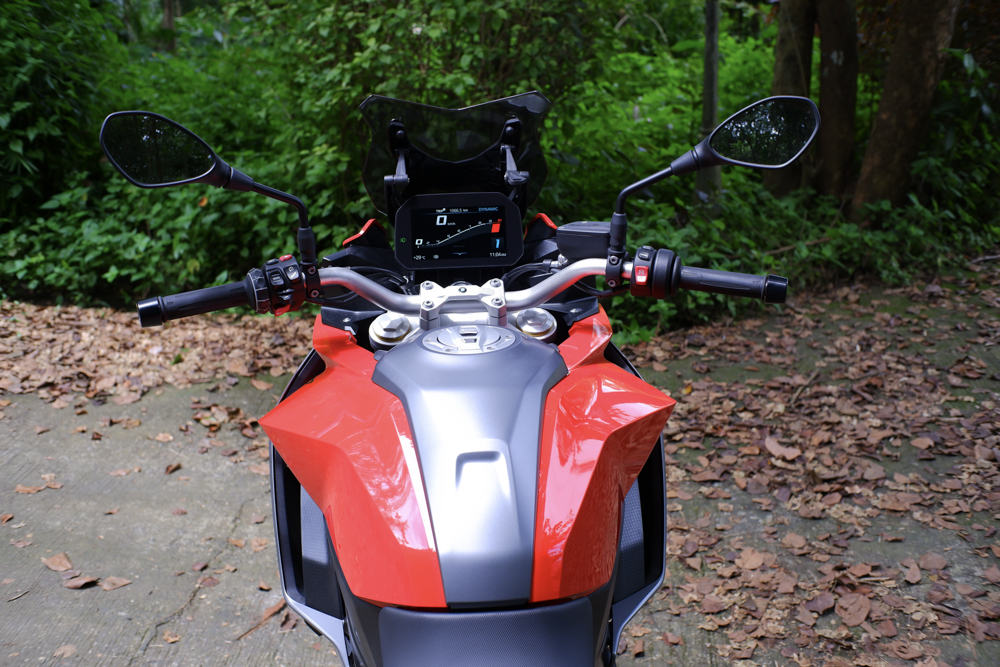
I had the bad timing of riding down Tagaytay on a Sunday and decided to go through some back roads to avoid the traffic. In first and second gear, the XR is as docile as they come, with a soft clutch lever and a tractable motor. The adaptive headlamps provide great illumination on unlit roads, but you should still fit some auxiliary lights for hardcore touring. About the only uncomfortable aspect was the engine heat, especially with that high compression ratio. I shut it down while waiting for my turn at toll booths, since the motor fires back up right away anyway.
While its sporty demeanor and comfortable ergonomics, the F900 XR is a great choice for riders who want an engaging ride without feeling like they’ve gotten beat up at the end of the day.

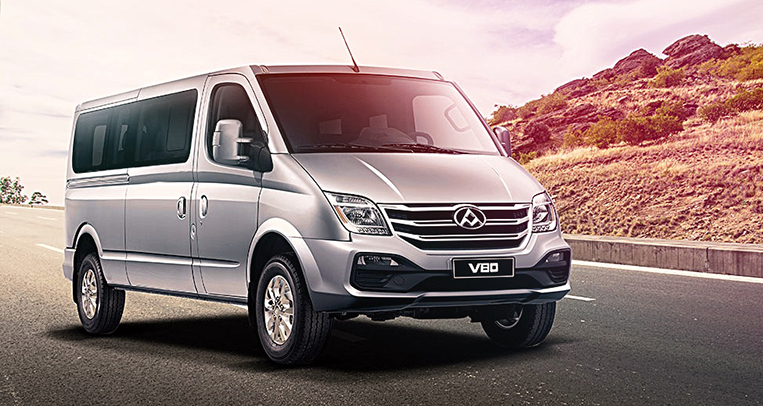
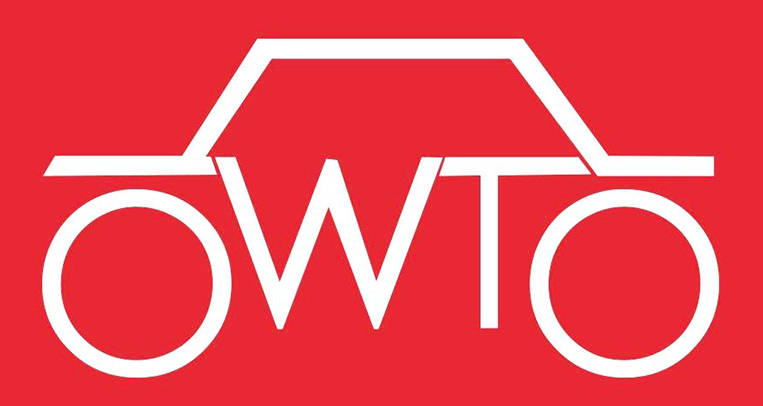
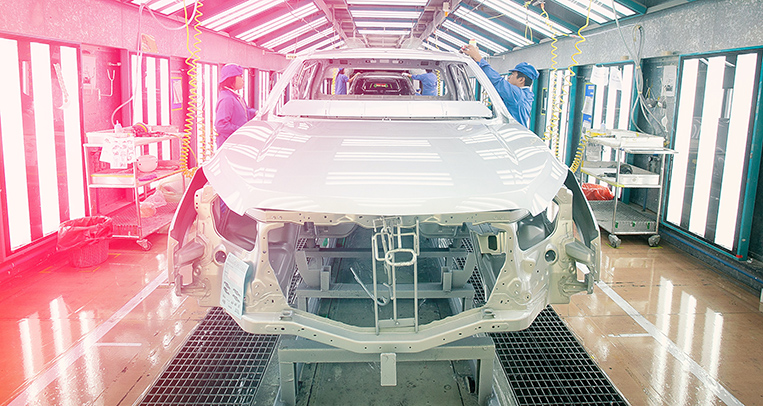
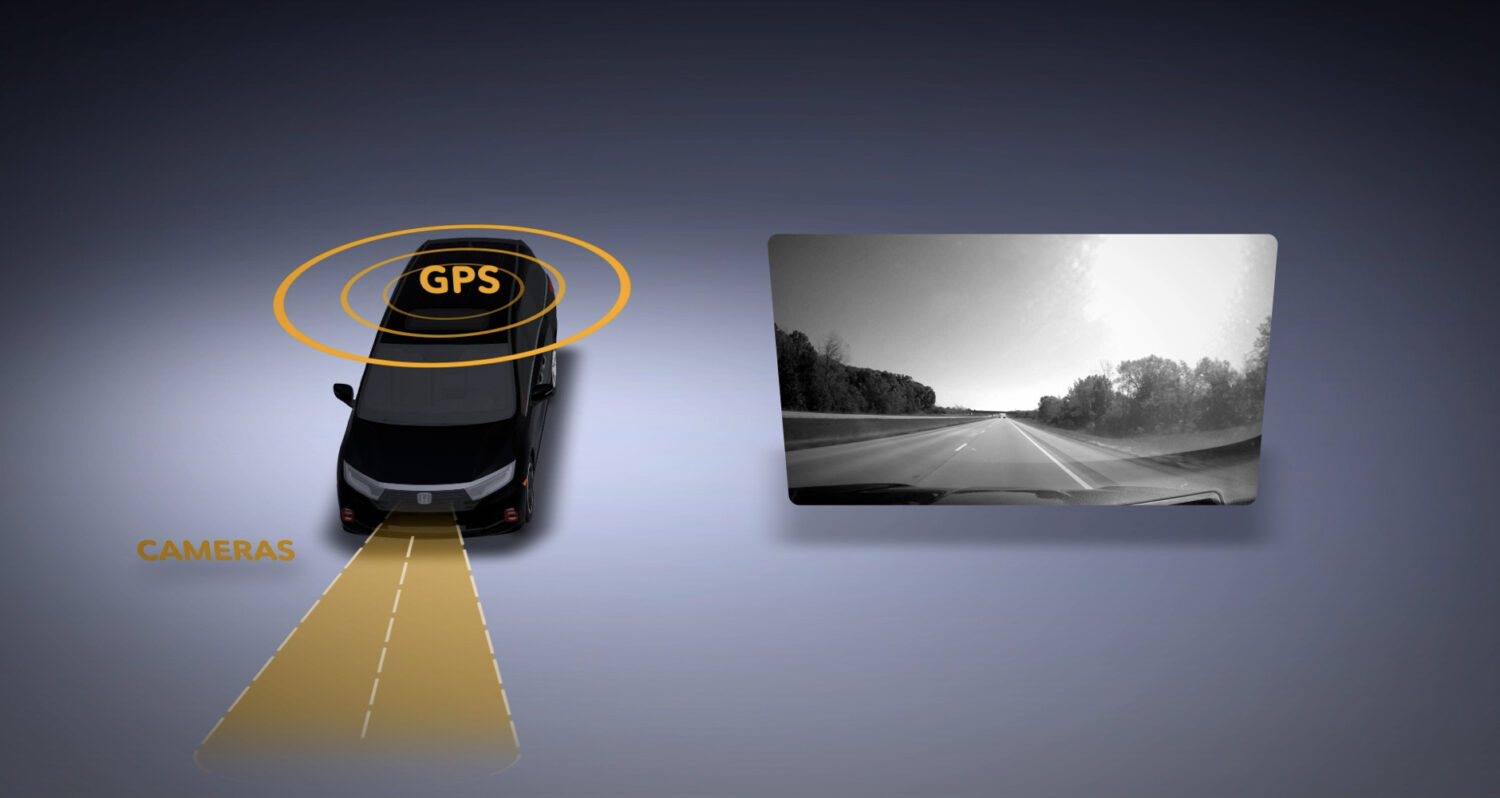
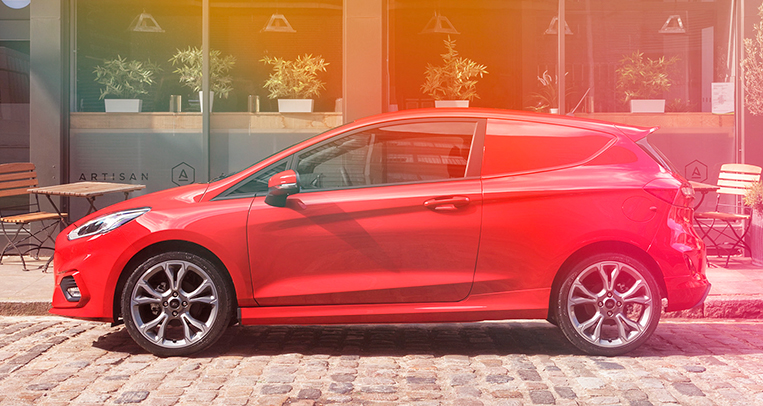
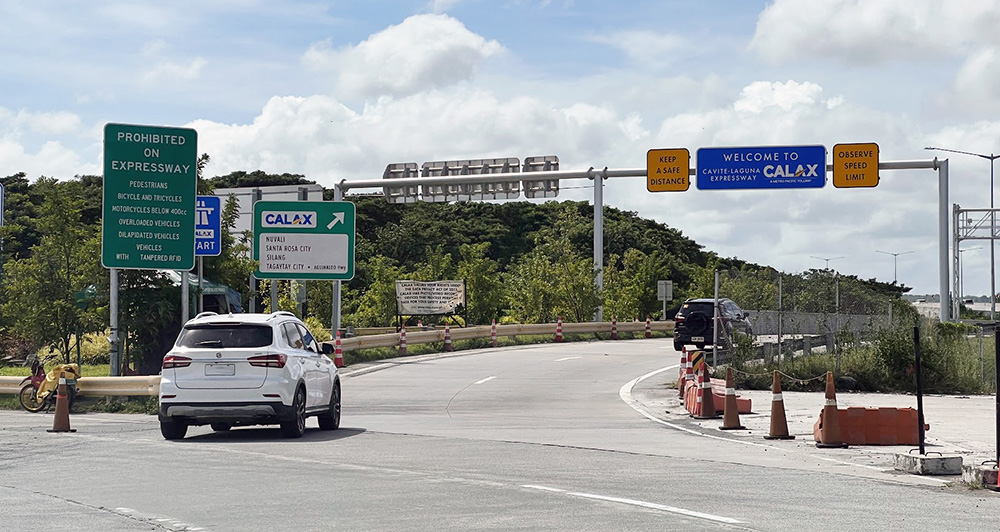
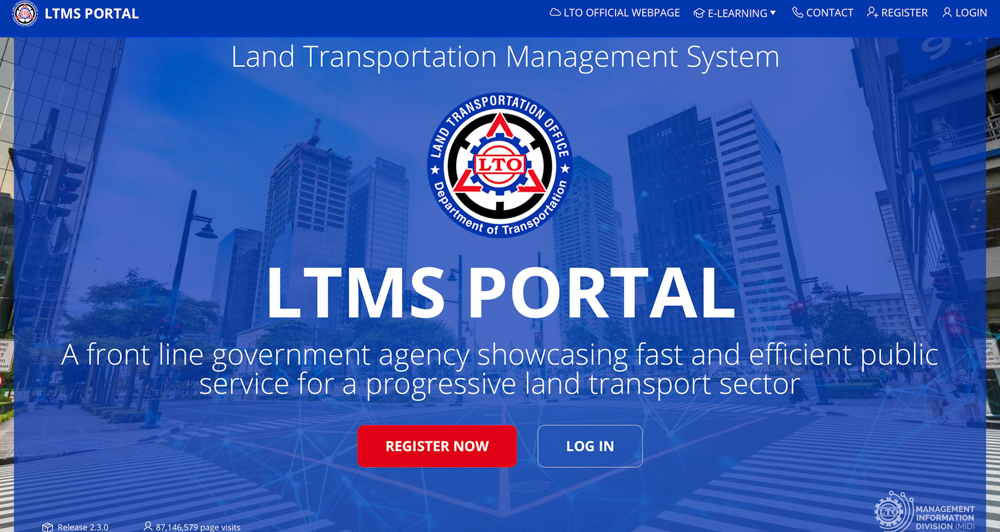
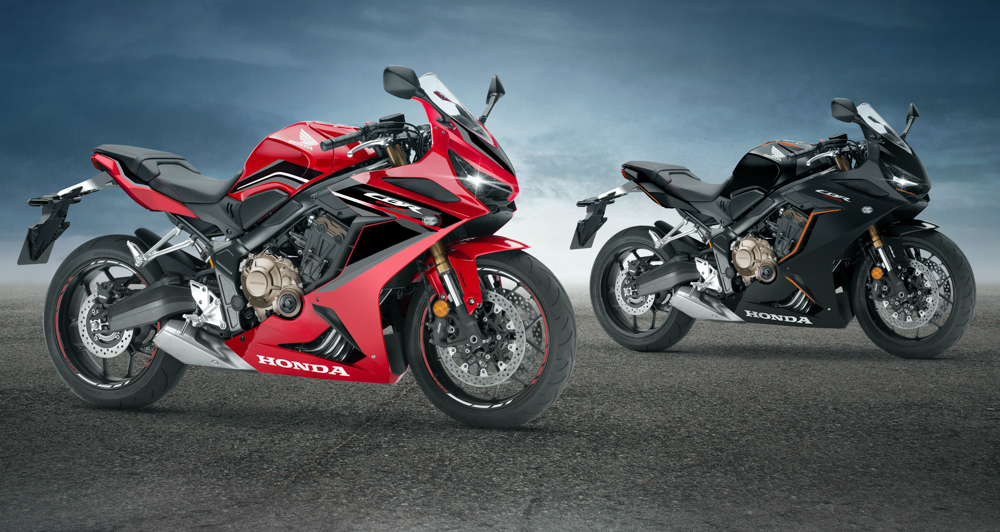
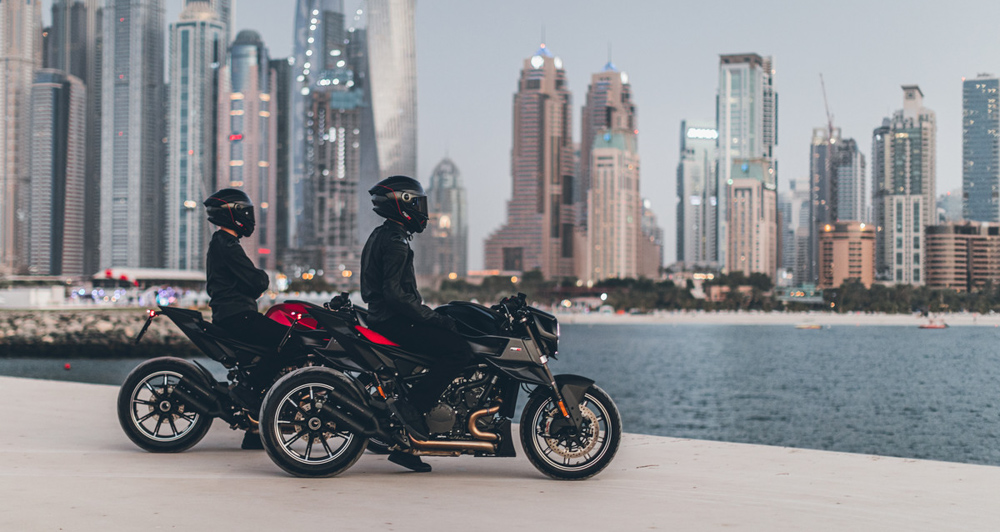
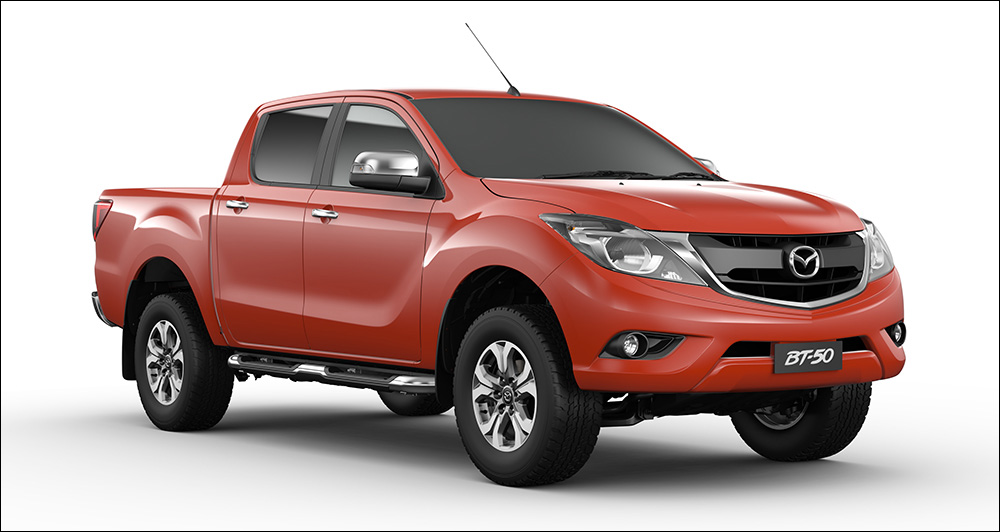
Comments